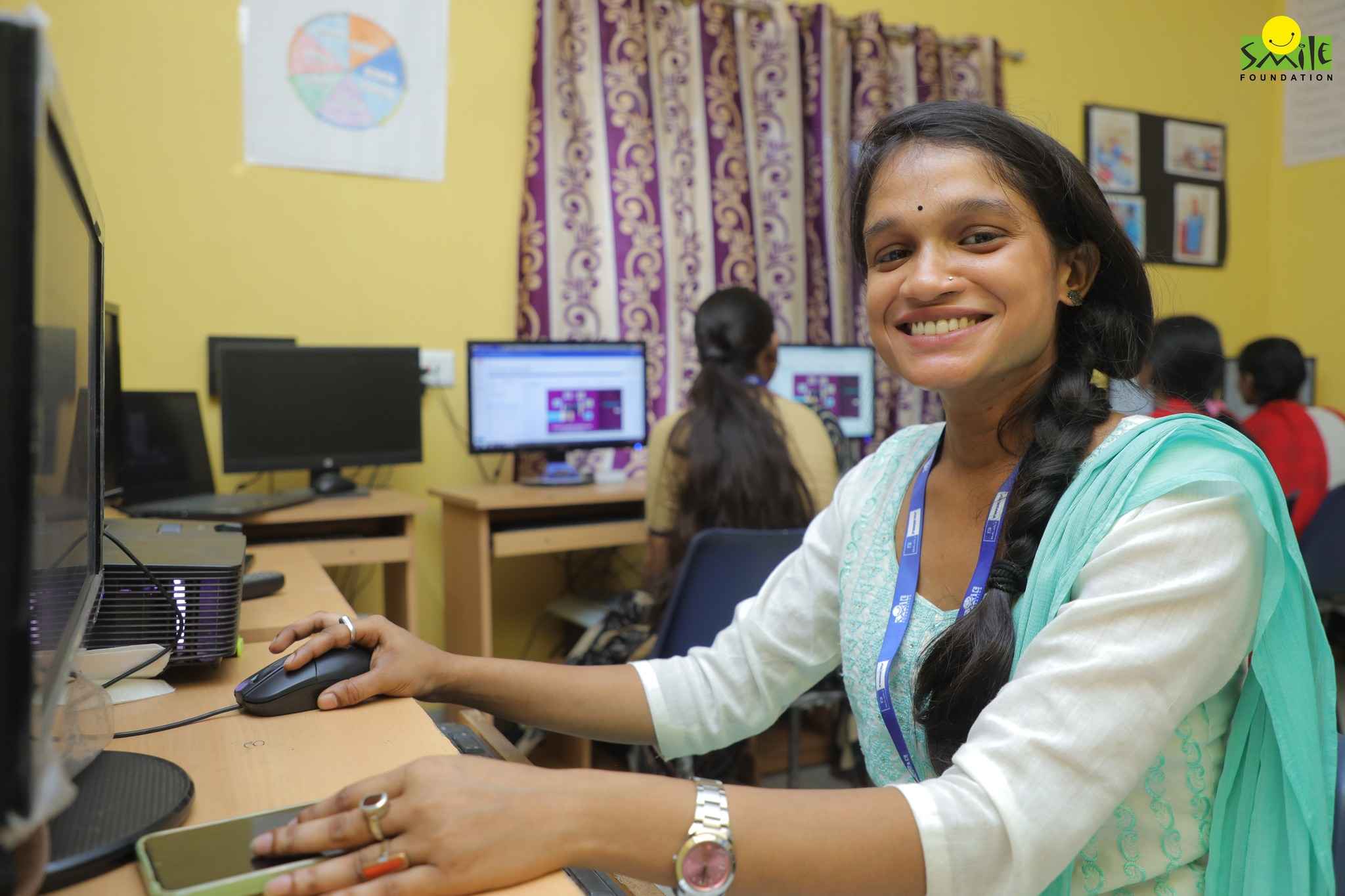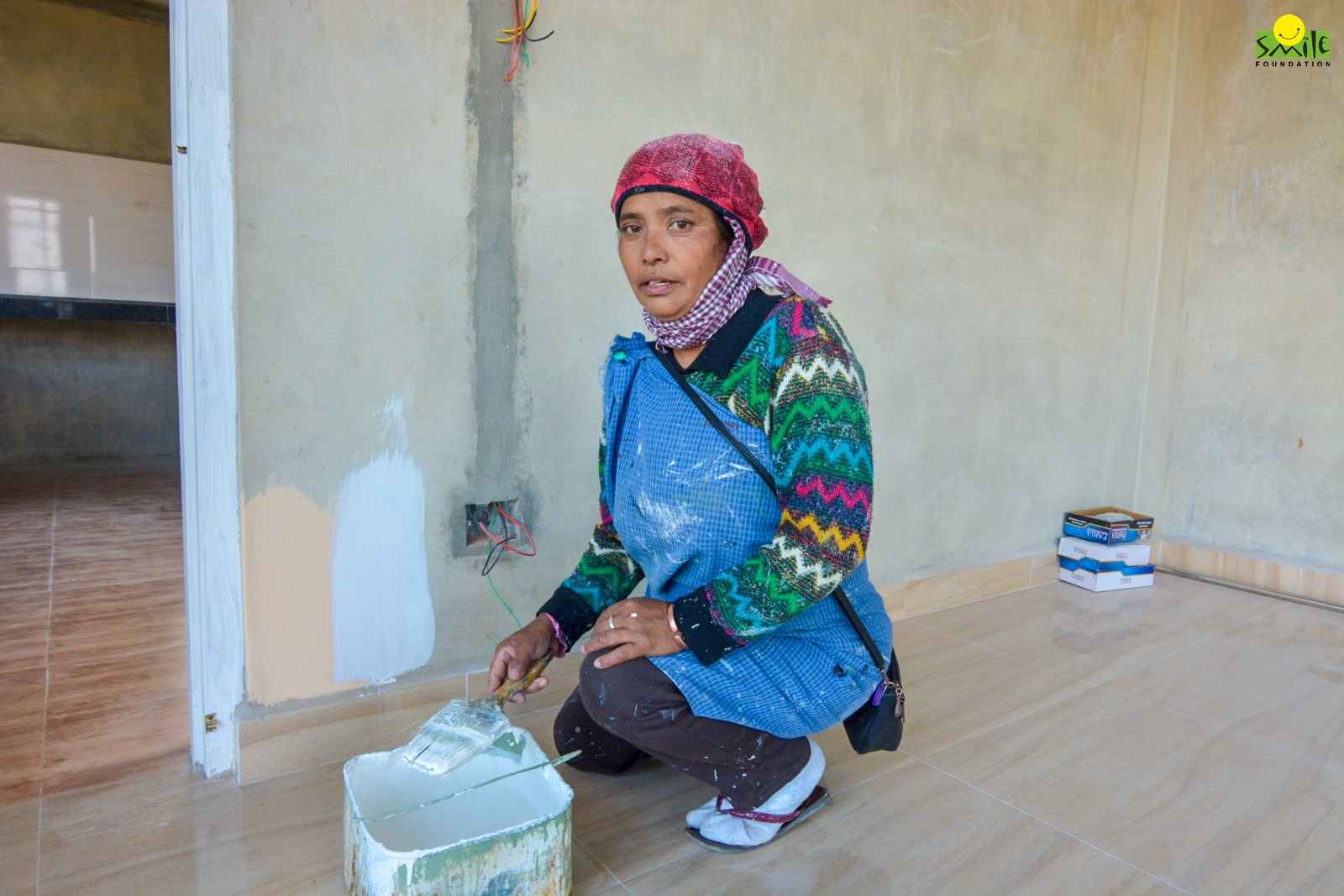The youth may be far less susceptible health-wise to the Covid-19 virus, but they are not immune to the manifold and far-reaching adverse impact of the pandemic. According to a global survey of 15 to 24-year-olds by the Organisation for Economic Cooperation and Development (OECD), unemployment and managing mental well-being are the biggest concerns of the youth mitigating this difficult situation. And their concern is not without cause.
The economic crisis spurred by the pandemic is said to be worse than the great recession that rocked the world a decade ago. According to a Microsoft report, global unemployment in 2020 may reach a quarter of a billion people. The figures back home are no more encouraging. The COVID-19 pandemic and the subsequent lockdown measures led to an unprecedented rise in India’s unemployment rates, particularly during the months of April and May. The scenario is worst for youth, who make for the largest age-group wise segment in India’s workforce, as they face mass unemployment. According to data from the Center for Monitoring Indian Economy (CMIE) about 41% of people aged 15-29 were out of work in May; 27 million people aged 20-30 had lost their jobs in April. Even before the pandemic started, India’s economic growth was sluggish, and youth unemployment rates were record high.
Despite reports of the economy opening up and the overall unemployment rate dropping to pre-covid-19 levels, thousands of youth are still looking for a job in a market that may no longer have a space for them. The job market is undergoing a major transformation in the Covid era and so is the availability of jobs for the youth. Recently, while addressing the Digital Skills Conclave on the World Youth Skills Day, the PM emphasized on the need to “Skill, Reskill and Upskill” for surviving in the rapidly changing environment. Industry 4.0 had already brought a paradigm shift even before the pandemic with digital technology driving the job market. Covid-19 has only accelerated this process.

Skilling and education are central for enhancing the employability of the rising workforce, but they would become even more important following the pandemic. Employers are struggling to deploy people with the required skill set, whereas a huge number of displaced workers with limited skills are striving to regain livelihood. We, therefore, need to strengthen our skilling ecosystem today so as to enable workers to regain income and meet their career aspirations by securing quality jobs on the one hand and addressing the needs of employers and firms by providing them with the requisite talent for them to stay competitive on the other. While it is definitely important to provide a platform to the workers who have lost jobs to regain employment, it is equally important to address the persisting and ever-widening skill gaps in the job market.
One of the key steps for a successful and speedy economic recovery will be greater and inclusive access to the digital skills needed to fill newly available jobs. But technology is only a means to an end. In addition to digital skills, people-oriented soft skills remain as essential as ever – perhaps even more so given their durability at a time when technology continues to evolve at breakneck speed. The pandemic has highlighted the widening skills gap around the world which needs to be closed with even greater urgency to accelerate economic recovery. This calls for redoubled investment in skilling, ensuring that training reaches a wide population of youth with the greatest needs, making them gainfully employed.
Smile Foundation’s STeP programme is aligned to this objective and is working towards building a digitally skilled workforce from less privileged youth that is prepared to face the new world thrown open by the pandemic. More than 10,000 young women and men are currently undergoing training at over 70 STeP centres across India.









